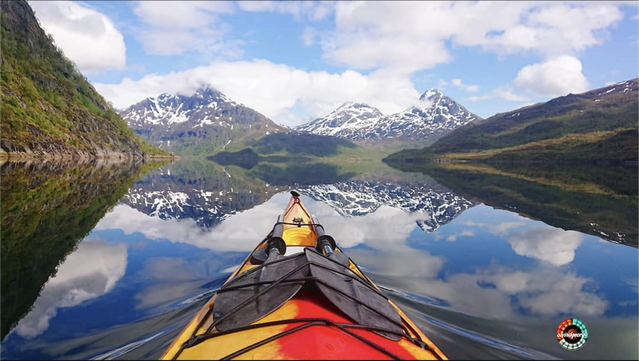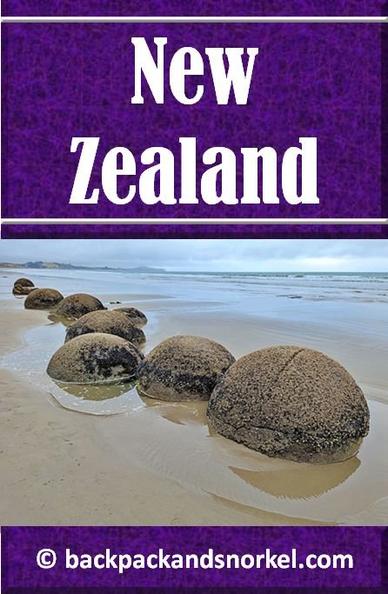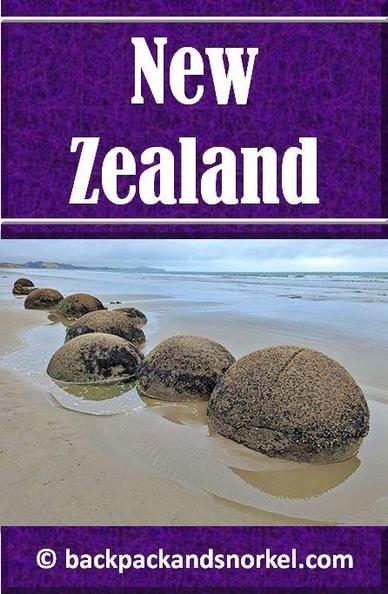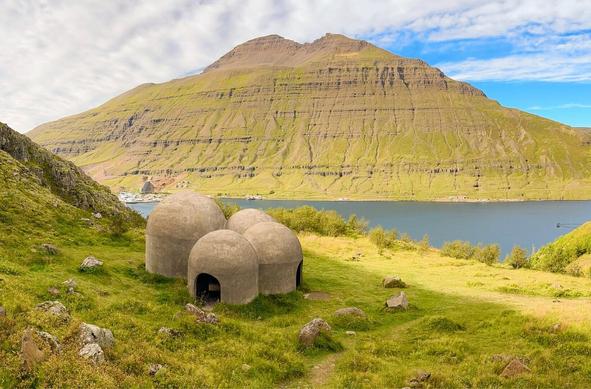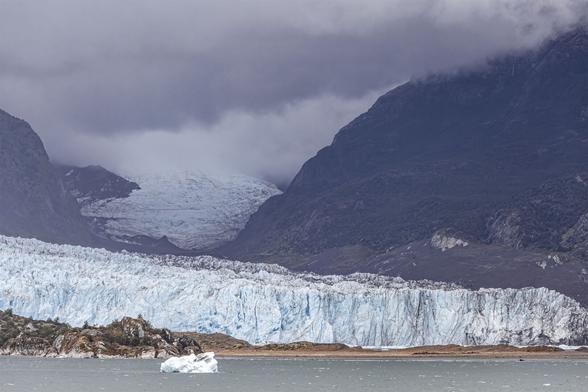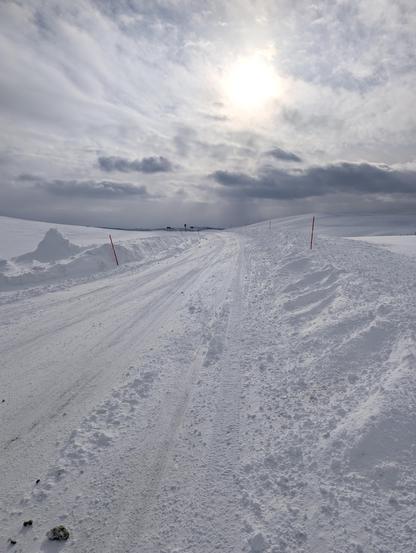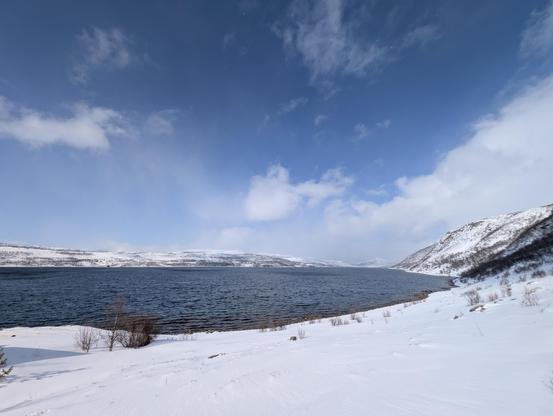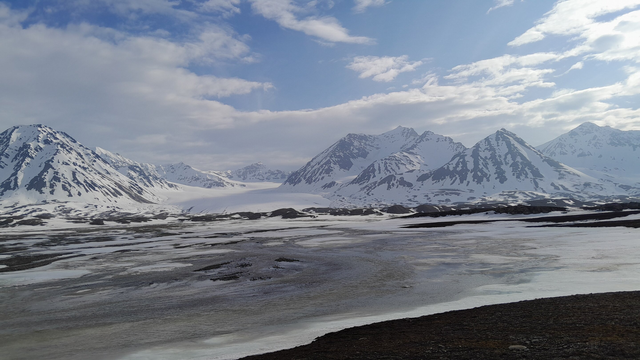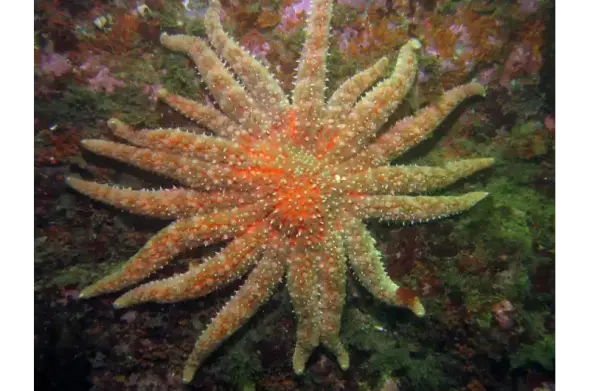
Travel Guide for New Zealand - New Zealand Purple Travel Guide
New Zealand is known for its diverse and stunning natural beauty. With breathtaking landscapes, including snow-capped mountains, rolling hills, deep fjords, pristine beaches, geysers, crystal-clear lakes, several amazing top instagrammable attractions, and about 70,000 endemic species such as kiwis, and Hector's dolphins, New Zealand is a land like no other. Our detailed 3-week itinerary shows you the best things to see in New Zealand and has lots of photos.

Travel Guide for New Zealand - New Zealand Purple Travel Guide
New Zealand is known for its diverse and stunning natural beauty. With breathtaking landscapes, including snow-capped mountains, rolling hills, deep fjords, pristine beaches, geysers, crystal-clear lakes, several amazing top instagrammable attractions, and about 70,000 endemic species such as kiwis, and Hector's dolphins, New Zealand is a land like no other. Our detailed 3-week itinerary shows you the best things to see in New Zealand and has lots of photos.
#Travel #Photography #TravelPhotography #Cruise #Chile #Fjord #Fjords #Glacier #AmaliaGlacier #Landscape #LandscapePhotography #Nature
#Norway #Finnmark #Fjords #Snow #Landscape #Photography #North #VanLife
'Cryosphere meltdown' will impact Arctic marine carbon cycles and ecosystems, new study warns
A new study led by Jochen Knies from the iC3 Polar Research Hub has found worrying signs that climate change may be undermining the capacity of #Arctic #fjords to serve as effective #carbon sinks. The findings suggest that the capacity of polar #oceans to remove carbon from the #atmosphere may be reduced as the world continues to heat up.
Knies and his collaborators discovered that rapid changes in the Arctic are transforming vibrant fjord ecosystems like Kongsfjorden in #Svalbard. Published in Communications Earth & Environment, their findings document not only a shift in phytoplankton communities due to melting ice but also a worrying decline in the capacity of these fjords to sequester carbon.
Warmer waters can enhance #phytoplankton growth during sunlit summers, presenting an initial opportunity for increased productivity. However, as the waters become stratified, essential nutrients become harder to access, leading to a double-edged sword: while we may see a rise in phytoplankton #biomass, the efficiency of CarbonCapture could decline.
https://phys.org/news/2025-04-cryosphere-meltdown-impact-arctic-marine.html
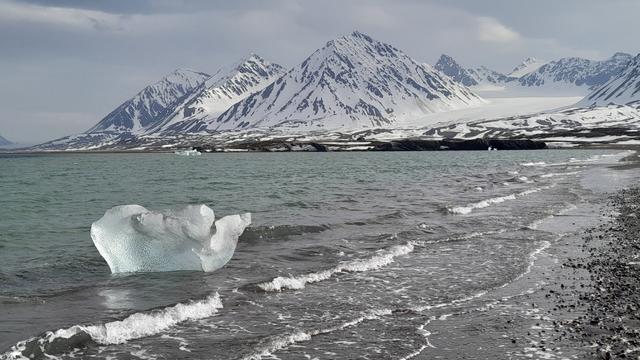
'Cryosphere meltdown' will impact Arctic marine carbon cycles and ecosystems, new study warns
A new study led by Jochen Knies from the iC3 Polar Research Hub has found worrying signs that climate change may be undermining the capacity of Arctic fjords to serve as effective carbon sinks. The findings suggest that the capacity of polar oceans to remove carbon from the atmosphere may be reduced as the world continues to heat up.
Highly endangered sunflower star finds refuge in Canadian fjords
https://phys.org/news/2025-04-highly-endangered-sunflower-star-refuge.html
Fjord oceanographic dynamics provide refuge for critically endangered #Pycnopodia helianthoides: Alyssa-Lois Madden Gehman et al. https://royalsocietypublishing.org/doi/10.1098/rspb.2024.2770
"in the summer, there is a lot of glacial runoff, dumping a lot of really cold water into the #fjords. Then, because the #SeaStars do not like cold water, they go deeper. And that may be shielding them from #SeaStarWastingDisease"
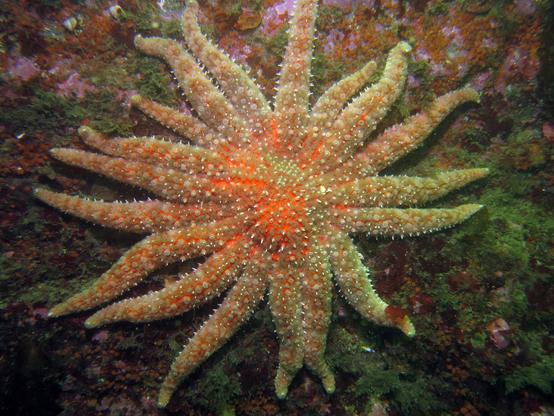
Highly endangered sunflower star finds refuge in Canadian fjords
A team of oceanographers and marine biologists at the Hakai Institute, working with a colleague from the Central Coast Indigenous Resource Alliance, and another from the Institute of Ocean Sciences, all in Canada, has found that the highly endangered sunflower star, a type of sea star, has found some degree of refuge in Canadian fjords (spelled fiord in Canada).
